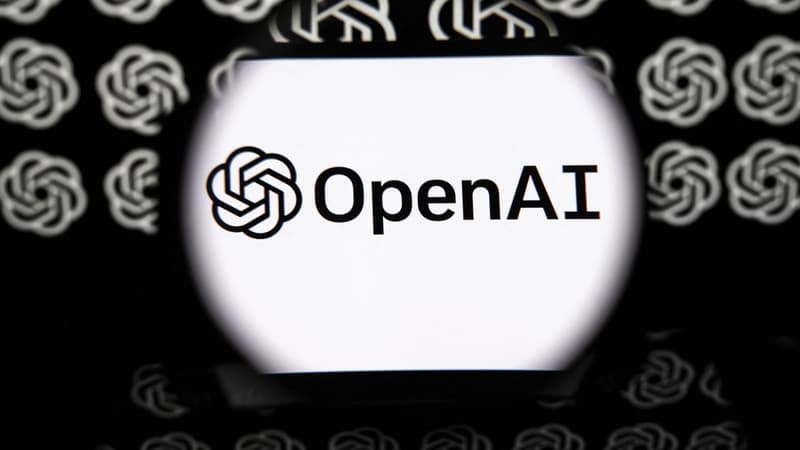Access that could cost OpenAI dearly. While the startup faces legal action for corrupting ChatGPT with copyrighted books, plaintiffs managed to access internal messages and emails, Bloomberg Law reveals. And these exchanges concerned the deletion of a database composed of pirated books.
The authors and editors behind the complaint are now seeking additional communications on the matter from their attorneys. A request that comes a week after a New York court ordered OpenAI to hand over most of its internal communications related to data deletion.
Lifting of professional secrecy
If the plaintiffs are successful, OpenAI risks more than just monetary penalties. In fact, these communications could prove that the new company has intentionally infringed copyright, with damages of up to $150,000 per work. The court is also likely to conclude that ChatGPT’s creator destroyed evidence in anticipation of a trial and therefore limit his defenses or even rule in favor of the authors and publishers.
The plaintiffs also seek to have OpenAI’s attorney-client privilege waived. This request is justified by the fact that the startup renounced this professional secret by selectively revealing one of the reasons why it wanted to delete the database, that is, its “non-use.”
If courts rarely end up lifting professional secrecy, authors and editors have strong arguments to do so. They also invoke the fraud exception (to the attorney-client privilege), arguing that OpenAI’s communications could reveal copyright infringement. Additionally, if a lawyer recommended the startup destroy the data rather than stop using it, the lawyer could be considered to have participated in the breach, Yvette Joy Leibesman, a law professor at Saint Louis University, told Bloomberg Law.
Note that OpenAI is not the only AI company facing justice for using books to train its chatbot. In early September, Anthropic agreed to pay $1.5 billion to an investment fund of authors, rights holders and publishers for illegally downloading millions of books. However, the courts only accused him of recovering these works from pirated online bookstores and not of using them.
Source: BFM TV


